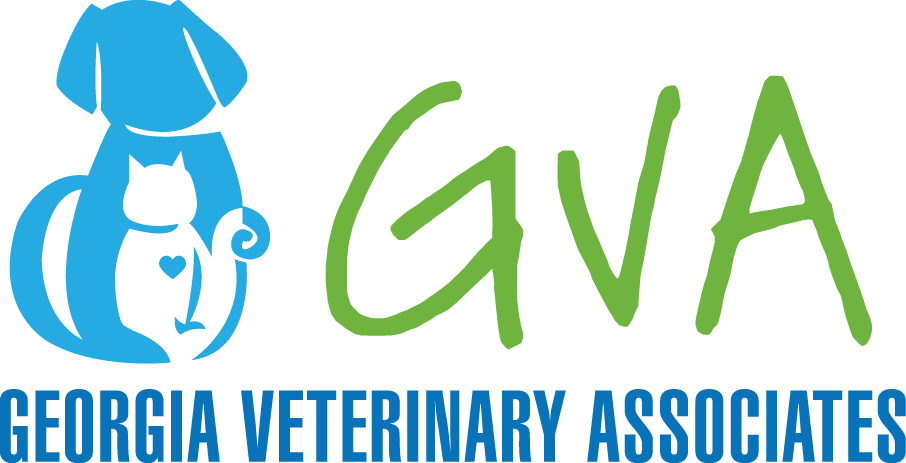Alcohol – Even small amounts of alcohol can cause significant central nervous system depression.
Avocado – Avocado is high in fat, so although it is not necessarily toxic, it can cause stomach upset and diarrhea. The pit also poses a choking hazard.
Chocolate, Coffee, Caffeine – All of these contain a substance called methylxanthines, which can cause vomiting, diarrhea, hyperactivity, abnormal heart rhythms, seizures, and even death. White and milk chocolate contain lower levels than dark chocolate, but even a small dose can be toxic.
Citrus – Citrus fruits, especially the peels and seeds, have high levels of citric acid which can irritate the stomach lining.
Coconut Oil – Coconut oil is high in fat, which can cause stomach upset and diarrhea, as well as be a source of unnecessary calories. Vegetable-based omega 3s like coconut oil are poorly absorbed by dogs. Animal-based products, such as fish oil, are much more bioavailable and helpful when recommended for issues like dry skin.
Grapes and Raisins – Even just a few grapes or raisins can cause kidney failure in some dogs.
Milk and dairy – Adult dogs do not have large amounts of the lactase enzyme needed to digest milk. Excessive dairy products can cause vomiting or diarrhea.
Nuts, especially Macadamias – Any nut can pose a choking or intestinal obstruction hazard, and the fats can cause upset stomach and diarrhea. Macadamias are toxic and can cause weakness, depression, tremors, and hyperthermia.
Onions, Garlic, Chives – These can cause stomach upset and damage to red blood cells, sometimes leading to significant anemia.
Raw Meat – Although raw meat might seem appealing to your pet, today’s processed meats are not the same as fresh prey in the wild. Any raw meat could contain dangerous levels of salmonella and e. coli, and there is no nutritional advantage to feeding raw meat over cooked.
Xylitol – Many human products labeled as sugar-free are sweetened with xylitol, which can cause excessive insulin release in dogs leading to dangerously low blood sugar and liver damage. Symptoms include lethargy, vomiting, and sometimes seizures. Products which commonly contain xylitol include chewing gum, toothpaste, candy, and baked goods, although any product labeled as “sugar-free” should be avoided.
For a downloadable PDF version of our Foods to Avoid For Your Dog handout, click here.
Also, consider checking out our blog, Foods You Can't & Can Feed Your Dog, for more information and other, healthy options!
